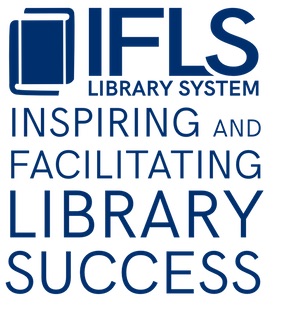At the SLP/Youth Services workshop we had last week, our presenter Holly Storck Post had participants list things they hate about the summer library program. I noticed some interesting themes in this mix. I’m going to address them in a series of blog posts. Along with the usual frustration about inadequate staff, space, and money, guess what people report is the most frustrating element of the summer library program? Record-keeping.
I’m guessing that means coming up with, producing, and monitoring the amount of reading kids are doing. Maybe it is time to look at all that record-keeping and think about ways to simplify or even eliminate it. Is that possible? Does it fly in the face of everything you’ve ever thought about summer library programs? Can you still encourage reading if you don’t do record-keeping? Will some kids miss it? Will you still be able to count kids for statistics and reports? How will you measure if your program had some sort of effect if you don’t have kids fill out records?
It is time to think about these things. If you hate the paperwork and it makes you dread summer, chances are that there are families and kids who also hate it. Are there ways to encourage and track reading that put less pressure on everyone? Here are some resources that might help you think about alternatives:
Here’s a blog post about one library’s process. A couple of years ago, the Wisconsin Department of Public Instruction’s Tessa Michaelson Schmidt put together a research-based resource of 10 Tips for Librarians related to the library reading programs. Prescriptions about specific kinds of record-keeping are not included–but there are several things to think about that may help guide you as you make decisions about what to do.

